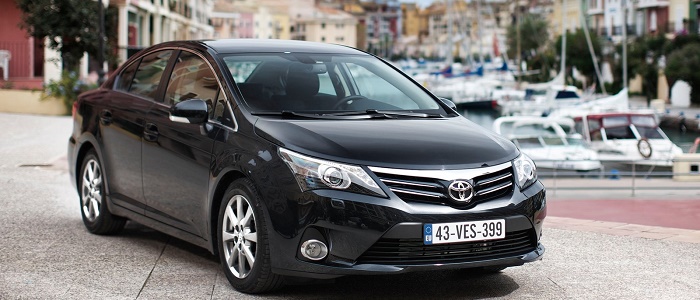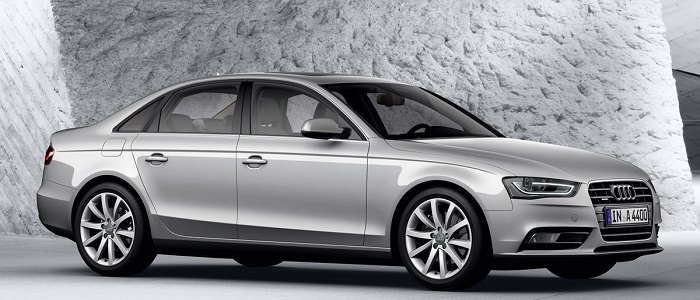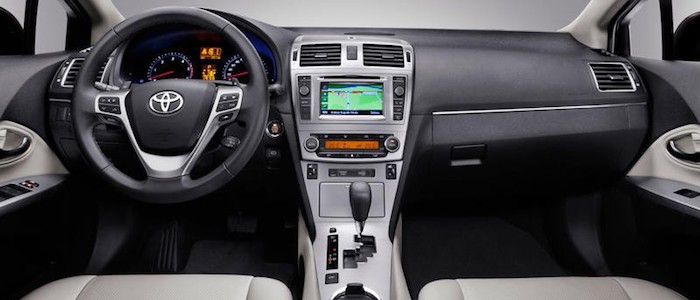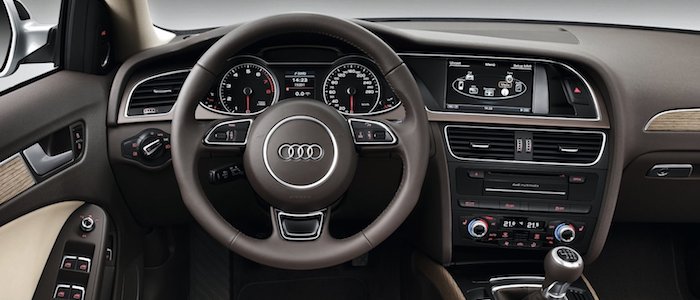Compare two cars
Compare any two cars and get our Virtual Adviser™ opinion
Marketing
Dimensons & Outlines
Engine
Performance (manual gearbox)
Performance (automatic gearbox)
Expenses
Virtual Adviser's™ opinion
Well, these are two pretty similar cars we have here! It's only details that could potentially make the difference. Considering they both belong to the large family car segment and utilize the same 4-door sedan body style and the front wheel drive system, it all comes up to the specific diesel engine choice they offer. The first one has a Toyota-engineered powertrain under the hood, a 4-cylinder, 16-valves 126hp unit, while the other one gets its power and torque from a 4-cylinder, 16-valves 120hp engine designed by Volkswagen.
SafetyBoth vehicles got tested by European New Car Assessment Programme (Euro NCAP), with the same number of safety stars gained in the process. That aside, let's consider some other aspects which affect safety. Both vehicles belong to the large family car segment, which is generally a good thing safety-wise, but that fact doesn't break the tie between the two cars. On the other hand, if we'd like to consider vehicle mass in this context too, which we definitely should, the German car offers a marginal difference of 1% more metal.
ReliabilityManufacturers have been building their reliability reputation for decades now and, generally speaking, it appears that Toyota as a brand displays somewhat better results, all the models observed together. These are the results of an independent reasearch, while our visitors describe reliability of Toyota with an average rating of 4.6, and models under the Audi badge with 4.2 out of 5. Independent research findings rank Avensis as average reliability-wise, and A4 is more or less at the same level.Above it all, drivers of cars with the same engine as the Japanese car rank it on average as 4.6, while the one under the competitor's bonnet gets 2.5 out of 5.
Performance & Fuel economyToyota is a bit more agile, reaching 100km/h in 0.8 seconds less than its competitor. Still, it lacks the power to win the top speed competition, topping at 200 kilometers per hour, 5km/h less than the other car. When it comes to fuel economy things look pretty much the same for both cars, averaging around 4.5 liters of fuel per 100 kilometers (63 mpg), in combined cycle.
Verdict
Toyota is apparently more reliable, not too much, but just enough. The most important thing when deciding between any two vehicles should always be safety, both passive and active. In my opinion, everything taken into account, the German car offers slightly better overall protection and takes the lead. From there things take a different direction, with Toyota offering somewhat better performance, just enough to call it quicker. Fuel consumption is more or less the same. It's really tough to make a final decision here, but if I'd need to, I'd say Toyota. In any case that's my personal view, built upon all the data available to me. What should decide here though is the way you feel about the two vehicles, and I hope you'll find my guidelines useful in the process. Also, you could use the oportunity to find out which car, everything taken into account, would be the perfect choice for you in the eyes of the virtual adviser™, among more than 12.000 different ones in our database.


































